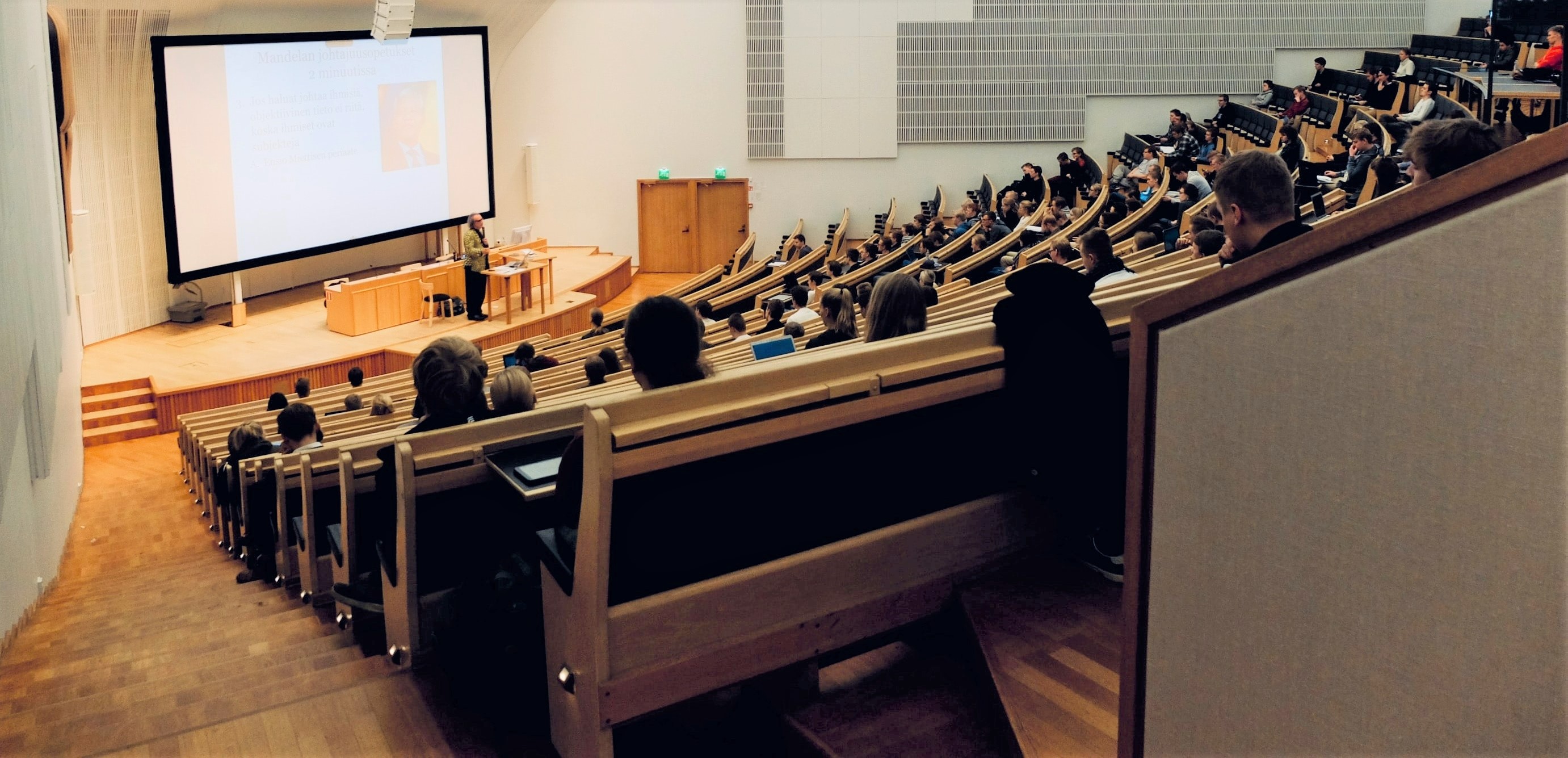Masters courses for practising teachers
We have a range of programmes that would be of interest to practising teachers. These can help enhance your career and gain specialist qualifications in your area of study.
What courses are available?
- MSc Education: Inclusive Education
- MSc Education: Leadership and Policy
- MSc Education: Learning, Technology and Society
- MSc Education: Mathematics Education
- MSc Education: Neuroscience and Education
- MSc Education (Open Pathway)
- MSc Education: Policy and International Development
- MSc Education: Teaching and Learning
- MSc Education: Education and Climate Change
- MSc Teaching English to Speakers of Other Languages (TESOL)
Why study these courses?
Studying with us will enable you to learn more about specific areas of education that interest and excite you. As well as a range of specialisms within the MSc Education pathways listed above, we offer the MSc Education (Open Pathway) which allows you to choose from a range of available optional units that align with your own interests, experience and motivation.
On each of our MSc Education pathways, a series of taught units will provide you with an in-depth and critical understanding of the field you are studying as well as an ability to engage with educational research. On each pathway, students also conduct their own research through a dissertation project once they have successfully completed the taught units.
How are these courses suitable for practising teachers?
- We aim to deliver teaching at a range of times to suit various schedules, including twilight hours and intensive delivery in half term. (Please note: scheduling is dependent on university timetabling constraints, which we do not generally know until near the start of each term)
- Optional part-time study over 2 or 3 years
- Personal tutors can help you plan your academic study around your working commitments and will encourage you to apply your Master's learning to think about your practice.
The aim of these courses
The aim of these programmes are to develop the student’s interest in and knowledge and understanding of:
- Specific theories, ideas and practices, and the relationships between perspectives from different disciplines.
- A range of research methods appropriate for their professional practice.
- The importance of developing clear lines of argument that are underpinned by critical thinking, analysis, synthesis and evaluation.
- The role of reflective practice in the development of professional identity and expertise.
- Complex issues surrounding innovation and change and preparation for employment in changing and varied contexts.
- The skills and abilities required for successful engagement in focussed, professionally relevant independent learning through the production of a supervised dissertation.
- A range of practical and transferable skills.
 Applying to Bristol
Applying to Bristol
Contact us
Email: choose-pg@bristol.ac.uk
